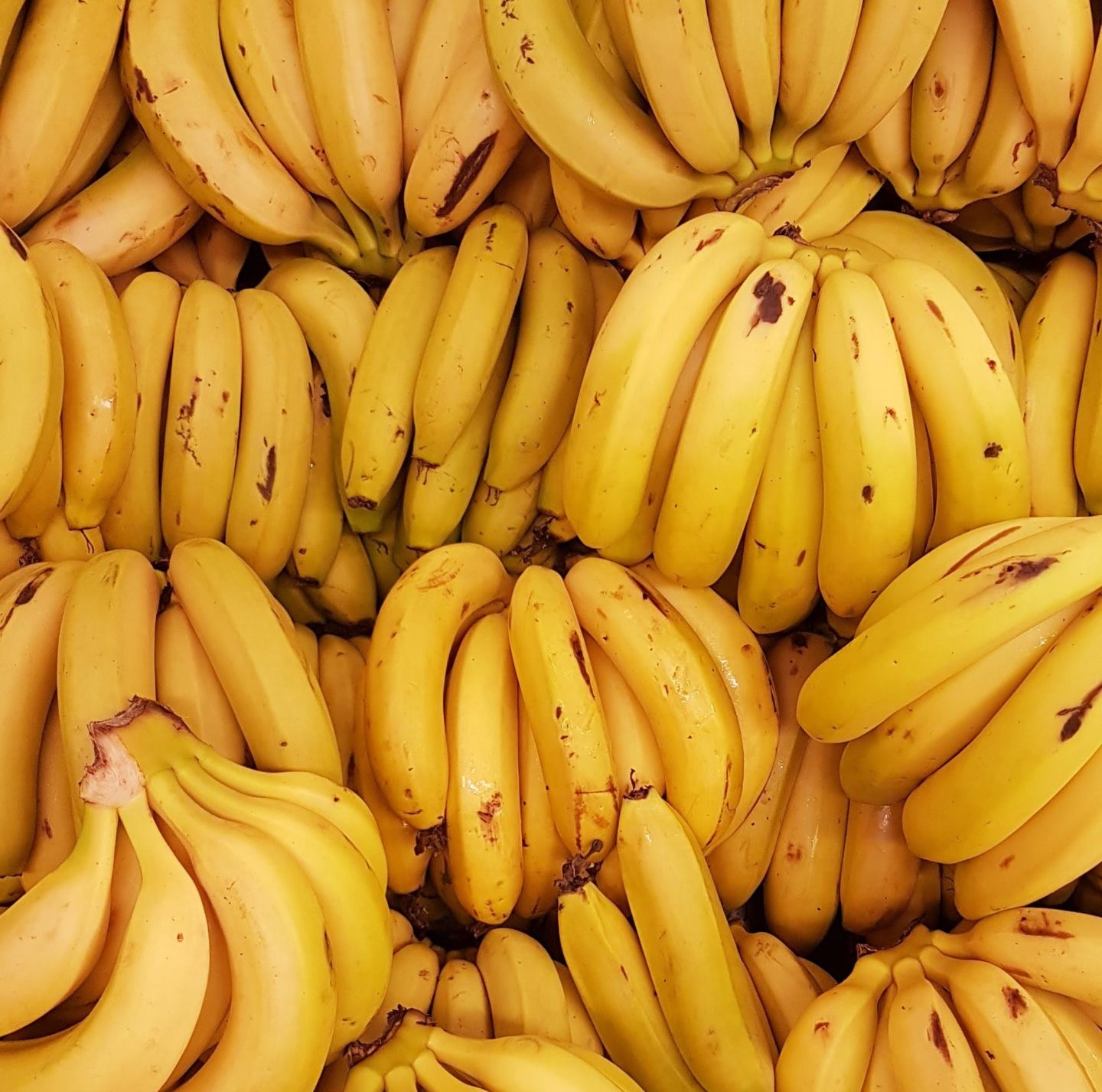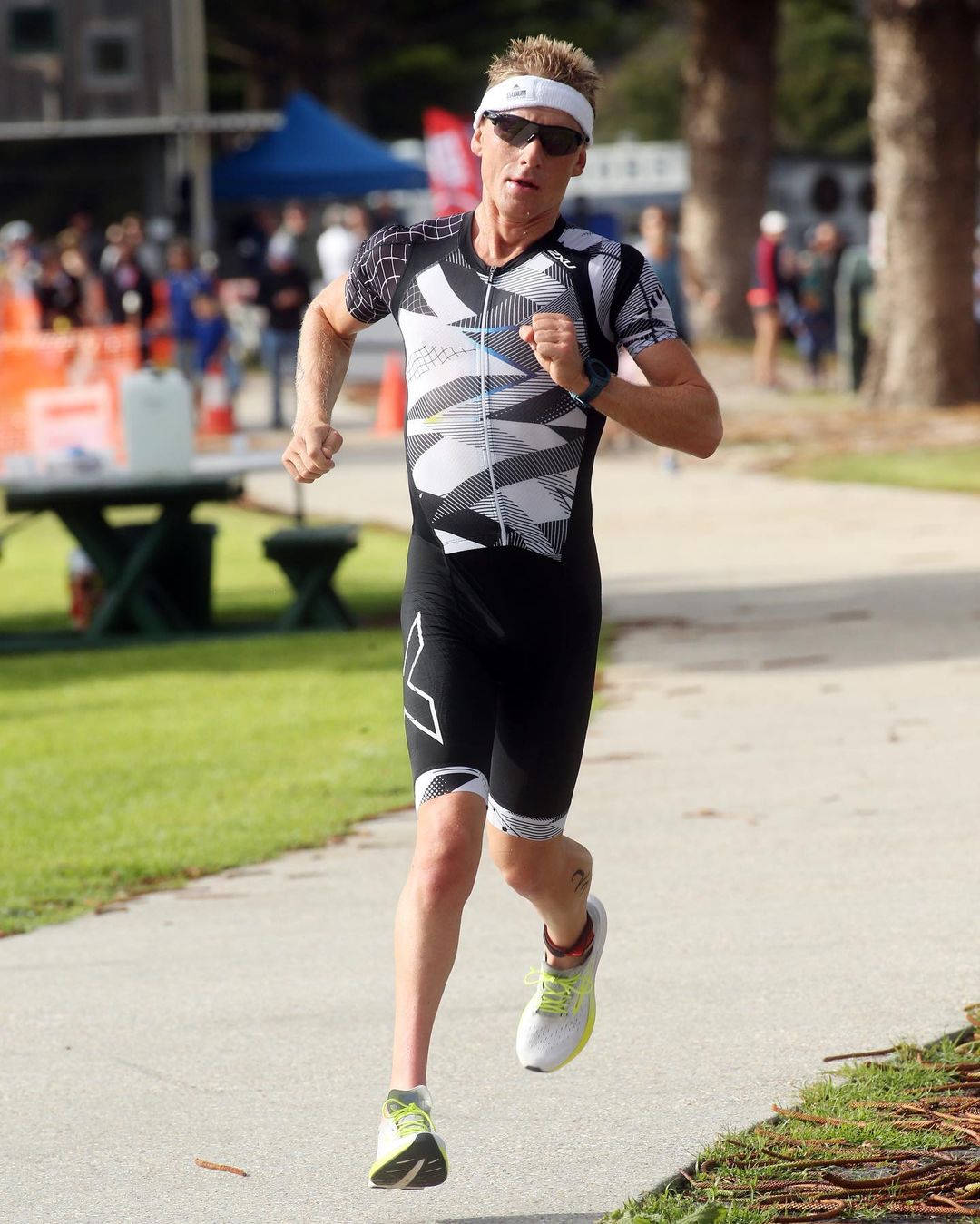Tip One
Just like your new running muscles are now getting used to running, your gut is also adjusting to this new exercise routine as well. Most of the time runners experience gut upset/distress because their gut simply isn’t used to digesting fuel in and around the time of running.
New research now highlights that the gut is highly trainable, ie the more we train our gut to digest fuel pre/during/post run, the more efficient it will become. Keep your pre run fuel simple ie choose a lower fibre carbohydrate rich snack that isn’t excessive in protein or fat such as:
1. Toast with simple spreads eg honey, butter, jam, vegemite etc.
2. Crumpets, pikelets, pancakes, bagel with simple spreads eg honey, butter, jam, vegemite etc.
3. Banana
4. Muesli bar
5. Lower fibre cereal eg rice bubbles or nutri grain
By all means have higher fibre toast or cereal if your gut can tolerate it during training but for racing/hard sessions stick to lower fibre choices to reduce the risk of gut upset. If you’re running first thing in the morning and it’s a harder session then prioritize having something as higher intensities require carbohydrates for fuel. On the other hand, if it is an easier run and less than 60minutes, you can get away with no fuel given lower intensities aren’t as carbohydrate driven.


Tip Two
Post run, particularly hard, long and/or sweaty sessions, your best friend is MILK.
Dairy milk is the perfect mix of carbohydrate, protein, calcium and electrolytes. Additionally, studies have shown that milk has superior rehydrating properties compared to water or sports drink.
Tip Three
Consume Protein…. And carbohydrates post run.
Yes we need protein for muscle rebuild and repair after running sessions but we also need to replenish the glycogen stores we have depleted in our muscles with carbohydrates as well for optimal recovery and adaptation. It doesn’t have to be complicated though, examples include:
- Eggs and avo on sourdough.
- Cereal with yoghurt, milk and nuts.
- Sandwich with lean protein, dairy and vegies.
- Sushi.
- A plate that is approximately 1/3 Veg, Protein and Carbohydrates of your choice.
The beauty of running is in its simplicity. The same goes for nutrition, it doesn’t have to be complicated but getting into a sound nutrition routine will maximise our running performance and recovery goals!

David Bryant
Dietitian and Team Brooks Athlete
- Advanced Sports Dietitian
- 2:48 Marathoner
- 9:19 Ironman
- Competed in Tokyo 2021 Paratriathlon (club footed)




